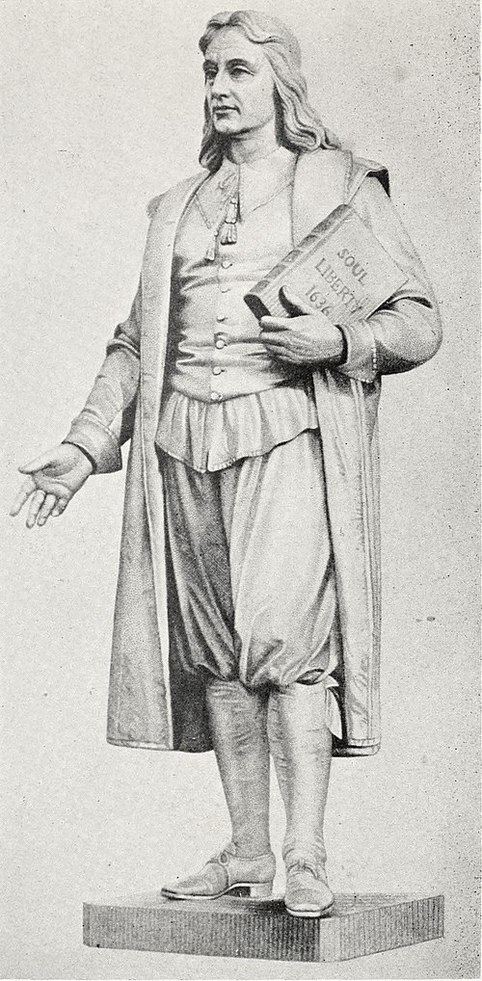S. 1893: Henrietta Lacks Congressional Gold Medal Act
This bill, known as the Henrietta Lacks Congressional Gold Medal Act, aims to honor Henrietta Lacks posthumously by awarding her a Congressional Gold Medal. The medal is to recognize her significant contributions to global health and scientific research, particularly through her cells, known as HeLa cells.
Key Provisions of the Bill
1. Background and Acknowledgment
The bill outlines several key findings about Henrietta Lacks:
- She was born on August 1, 1920, in Virginia and later moved to Baltimore seeking economic opportunities.
- In 1951, she was treated for cervical cancer at The Johns Hopkins Hospital, where medical researchers took samples of her tumor without her consent.
- Her cells, known as HeLa cells, were the first immortal human cell line, rapidly replicating and consequently contributing to numerous medical advancements.
- HeLa cells have played a crucial role in various scientific breakthroughs, including vaccines and cancer treatments, and are foundational in research related to gene mapping and precision medicine.
- Despite the advancements enabled by her cells, Henrietta Lacks and her family were unaware of the commercialization of her cells for over twenty years.
- Her story has influenced bioethics policies and informed consent laws in medical research.
2. Presentation of the Gold Medal
The bill authorizes the Speaker of the House and the President pro tempore of the Senate to arrange for the posthumous presentation of a gold medal in honor of Henrietta Lacks. The design of the medal will be determined by the Secretary of the Treasury.
3. Smithsonian Institution
Once awarded, the gold medal will be given to the Smithsonian Institution, where it can be displayed and made available for research. The bill expresses that the Smithsonian should also consider displaying the medal in locations significant to Henrietta Lacks' legacy.
4. Sale of Duplicate Medals
The Secretary of the Treasury may create and sell bronze duplicates of the gold medal, with proceeds from the sales intended to cover the costs associated with making the medals.
5. Status of Medals
The gold medals issued under this act will be classified as national medals and considered numismatic items under specific legal frameworks.
6. Financial Provisions
The bill allows for the use of funds from the United States Mint Public Enterprise Fund to cover the costs of the medals and mandates that any proceeds from the sale of duplicate medals be deposited into the same fund.
Relevant Companies
- JNJ - Johnson & Johnson: As a significant player in pharmaceuticals and medical research, Johnson & Johnson may be influenced by the heightened awareness and discussions surrounding medical ethics and the historical context of cell line research.
- PFE - Pfizer Inc.: As a major pharmaceutical company, Pfizer might experience impacts related to public perception and ethical considerations in medical research, particularly with its connection to vaccine development and treatments that utilize cell biology.
This is an AI-generated summary of the bill text. There may be mistakes.
Sponsors
2 bill sponsors
Actions
2 actions
| Date | Action |
|---|---|
| May. 22, 2025 | Introduced in Senate |
| May. 22, 2025 | Read twice and referred to the Committee on Banking, Housing, and Urban Affairs. |
Corporate Lobbying
0 companies lobbying
None found.
* Note that there can be significant delays in lobbying disclosures, and our data may be incomplete.







































